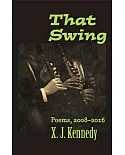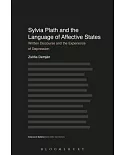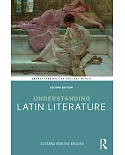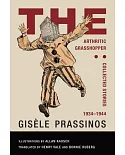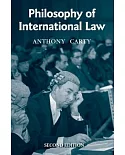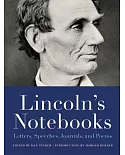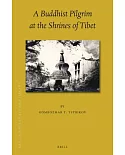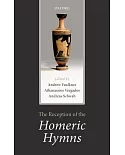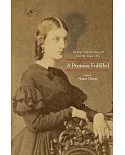Threatened by a rival editor brandishing a double-barreled shotgun, young Samuel Clemens had his first taste of literary criticism. Clemens began his long writing career penning satirical
articles for his brother’s newspaper in Hannibal, Missouri. His humor delighted everyone except his targets, and it would not be the last time his writing provoked threats of "dissection,
tomahawking, libel, and getting his head shot off." Clemens adopted the name Mark Twain while living in the Nevada Territory, where his caustic comedy led to angry confrontations, a challenge
to a duel, and a subsequent flight. Nursing his wounded ego in California, Twain vowed to develop a reputation that would "stand fire" and in the process became the classic American writer.
Mark Twain under Fire tracks the genesis and evolution of Twain’s reputation as a writer: his reception as a humorist, his "return fire" on genteel critics, and the development of academic
criticism. As a history of Twain criticism, the book draws on English and foreign-language scholarship. Fulton discusses the forces and ideas that have influenced criticism, revealing how and
why Mark Twain has been "under fire" from the advent of his career to the present day, when his masterpiece Huckleberry Finn remains one of America’s most frequently banned books. Joe B. Fulton
is Professor of English at Baylor University in Waco, Texas. He has published four previous books on Mark Twain.


